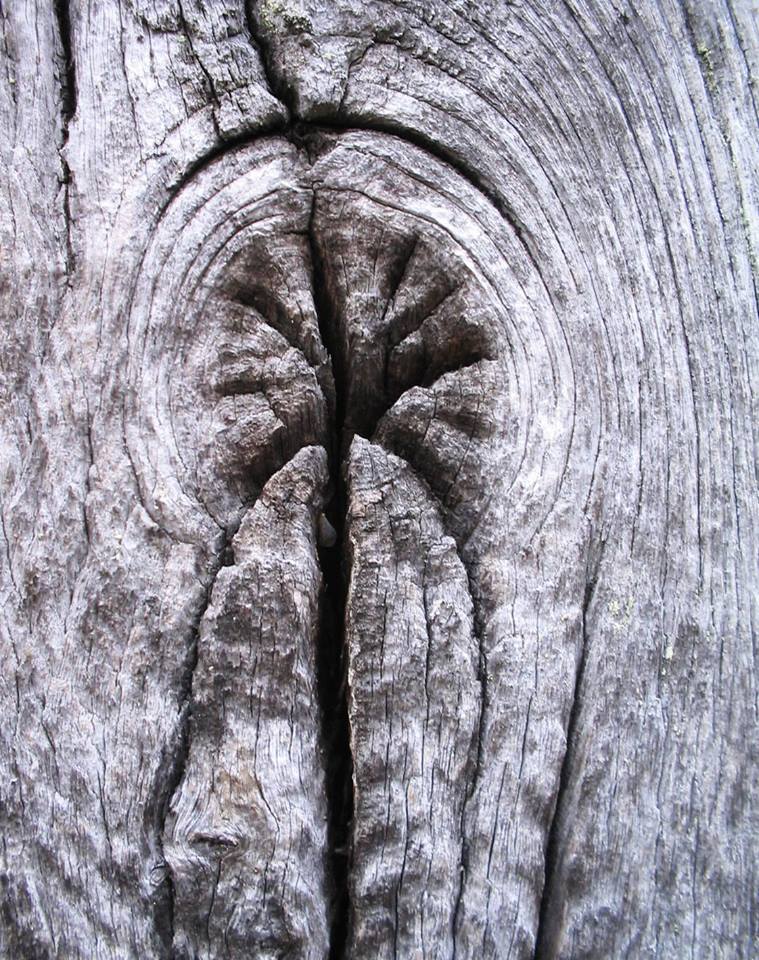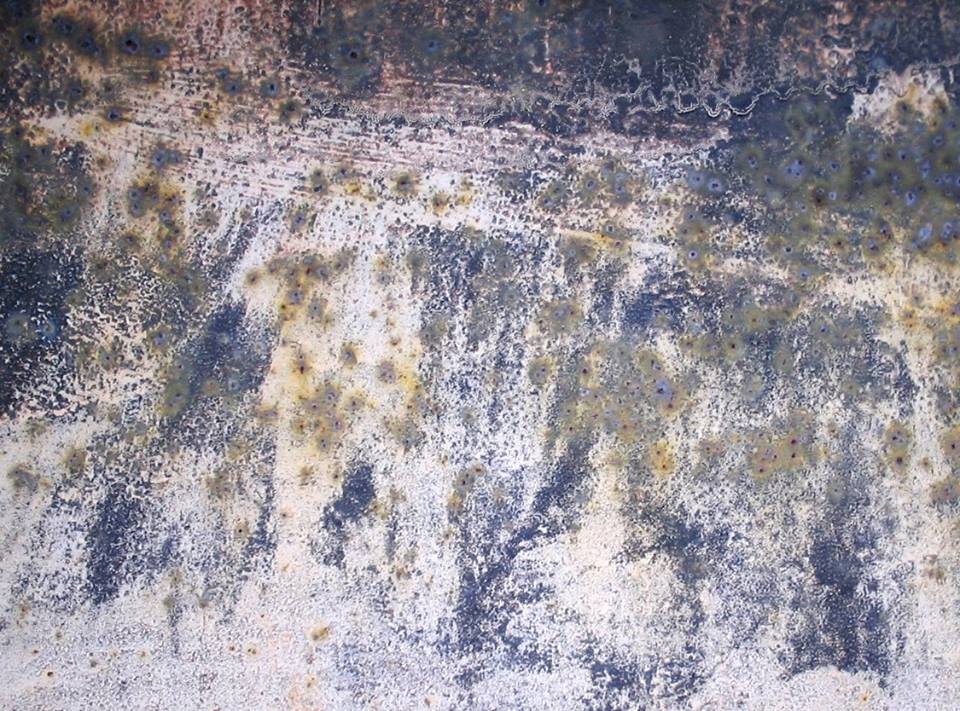
"Sometimes I draw such abstract works by taking photo of light and liquid, and retouching its colors and positions of the image with software on the computer."
Written by Vosot Ikeida & Tellurienne
<Profiles>
Vosot Ikeida : A Japanese male hikikomori. 55 years old.
Tellurienne : A French female hikikomori. 38 years old.
...Continued from Round 2
Becoming a Hikikomori
Tellurienne: In the high school, my school marks were changing to be catastrophic, but I continued to go to school anyway because my parents wanted me to. I had friends at that time, but I have a very bad memory of the relationship which I had with the teachers. Some of them were convinced that I had a lot of abilities, and harassed me by constantly questioning me.
Vosot: You were afraid of adults?
Tellurienne: Yes, that's it. I was afraid of adults, who judged me and hurt me in the high school especially.
Vosot: After that, you entered the university?
Tellurienne: Yes, but I had a lot of difficulties at the moment, because I had accumulated deficiencies during my previous schooling. It became more and more difficult.
Vosot: What exactly happened at the university?
Tellurienne: In brief, I could not sustain contacts with the outside. So, I started shutting myself when I was 20 years old, and I became a hikikomori completely at the age of 24, in 2003.
Vosot: What study did you major in?
Tellurienne: I studied film and audiovisual at the university. It took me four years to get my license. I worked very hard to get it, and unfortunately I ended up quitting it after graduating.
Vosot: Why did you quit those which you had already invested a lot of time and energy?
Tellurienne: Because I had to contact with a teacher to start another year and pass him my master's degree. I could not do it. If I wanted to continue my studies, I had to work with the teacher I was afraid of. He seemed very "an adult".

No More Contact with Outside
Vosot: Oh I see. The turning point to have become a hikikomori is not easily understood by the "normal people". My case too. I also started being a hikikomori when I graduated from my university. A lot of hikikomoris become the ones because of the failure experiences, but I did not experience any failures to become a hikikomori. It was already decided that I was going to work for a good company. The normal people would have thought that I had no reason to recluse myself, but for me, I had no other choice but to do so. I did not choose it consciously.
What happened on you then?
Tellurienne: I claimed to want to take a sabbatical year because it is very common in France. But while I was taking the year, it made me fall into depression more and more. So, I cut the contact with the outside. I stopped coming out of my home and stayed locked at my parents' house for over a year. But, this is important, I did not choose to become a hikikomori. I had become something that I did not want to be.
Vosot: If I lived at my parents' house when I became a hikikomori, I would have followed the path that you got through. However, in my case, I started my hikikomori days at the dormitory of my university, so I did not become like you. Instead, I escaped from my home society to the outside. I escaped from my Japanese society, and I went abroad and continued my hikikomori overseas. It is said "sotokomori", which means "withdrawn to the outside".
Have you had friends at the university?
Tellurienne: At university, I mingled only with men. My closest classmate was homosexual. So I had no problem of seduction or romance with him.

Vosot: Could you keep the relationship with him even after you started to be a hikikomori in your parents' house?
Tellurienne: No, I couldn't. I wanted to cut the bridge with him, when I could not go to university anymore, but he gave me calls to me a few months later and then did regularly. I made a few outings with him, and he understood my depressed state, but he ended up getting tired. He told me, "One can not save people of themselves". It marked me a lot.
How the Outside World Looks
Vosot: In those days, when you were 24 years old, how was the outside world in your eyes?
Tellurienne: That's a complicated question. As I said, I did not choose to become a hikikomori. I am divided between repulsion and envy.
The outside world was run by adults, and it scared me. I see other people as a danger and I prefer to avoid contact. But I have to admit, that I would have liked to have a "normal" life, because there are good things in this society.
Therefore, I have tried, during my few outings, to make contact with people. Unfortunately, I find them often aggressive and stupid. I am much bored with them.
The only people in the outside world that interest me are the care professionals, that is, nurses, psychologists or psychiatrists. They are smart people who understand the problem quickly. With them, I get along in general. It's my only contact with the outside world.

Psychoanalysis and Job Training
Vosot: The situation like that lasted long after your days of 24 years?
Tellurienne: At the age of 25, I was trained in art restoration, at the same time as a psychoanalysis, to reintegrate myself into society and try to find a job. The training lasted for six months, and I managed to go all the way. But unfortunately, it did not work well, and I became a hikikomori again quickly.
Vosot: The work in training, the art restoration was fun for you?
Tellurienne: No, it was not fun. It took a lot of courage to complete the training. I did not remember what we learned, except the drawing. I followed an artistic school career, so I always drew a lot. But I stopped when I entered university. This training allowed me to learn the basics of drawing that I did not have, and it meant that I had to be patient with everything else. There were several conflicts and I always refused invitations from the group that met outside.
Vosot: How did the psychoanalysis go?
Tellurienne: It went really badly, and I had to stop it after four months. It gives me no solution, so I quickly became a hikikomori again.

Vosot: What happened next?
Tellurienne: I wanted to get out of my hikikomori room. I tried many things for that. I thought I had to motivate myself to want to go out. So in 2006, I started photography. It was not far from what I had studied at university, cinema and audiovisual, so it suited me in a way. I took thousands of photos of nature to abstract works. The photos you find in these articles of Hikipos are my works that I took at the time. But three or four years later, I stopped photography because it became harder for me to go out again.
Vosot: I'm sure we enjoy your photo works that we find on this article and also on the others of your series. And everything went well?
Tellurienne: At 27, I tried to entre the army.
Vosot: The army?!
...Continued to the Round 4
To the Japanese version of this article
To the French version of this article
